It isn’t news that when it comes to the state of our societies, GDP doesn’t tell the whole story. It captures economic growth, but it also counts bombs, prisons, and cleanup of environmental disasters as progress. And yet for most countries, GDP remains the ultimate benchmark of success. It remains the measure countries use to compare themselves to their peers and the primary tool that informs their growth and development strategies. GDP’s long hegemony over national debates and policymaking makes New Zealand’s new “wellbeing budget,” the world’s first, hugely significant.
On May 30, Prime Minister Jacinda Ardern’s Labour government unveiled its new budget, the first-ever national budget to specifically emphasize wellbeing and explicitly focus government spending on social issues. The new budget aims to achieve concrete improvements in areas of real importance for New Zealanders, including better support for disadvantaged Maori and Pacific Islander communities, better mental health outcomes, reductions in child poverty, and a transition to a low-carbon economy. These priorities are invisible to a GDP-based assessment of the country but represent real issues facing everyday people across New Zealand. By moving beyond a rhetorical emphasis on New Zealand’s social and environmental challenges to a making them a cornerstone of the national budget, Ms. Arderns’ government is setting a powerful example for the rest of the world.
The same understanding of the limitations of GDP that informs New Zealand’s new budget led to the creation of the Social Progress Index, a composite measure of more than 50 social and environmental outcomes independent of economic indicators like GDP. The Social Progress Index directly measures the things the economic measures leave out: whether people are healthy and safe, whether they can get an education and freely access information, whether their rights and freedoms are respected, and more.
The Social Progress Index was designed as a complement to GDP, enhancing our understanding of economic success with a comparably powerful measure of social and environmental success. The Social Progress Scorecard, which compares a country’s performance on the index with its economic peers*, reveals where a country is successfully maximizing its economic resources to provide for its people’s wellbeing, and where it is falling short.
New Zealand scores very well on the overall Social Progress Index but its scorecard points the way to some important areas of underperformance, some of which align with the targets in the new wellbeing budget. Despite generally strong performance on indicators of nutrition and health, New Zealand’s child mortality rate of 5.40/1,000 live births is notably higher than comparably wealthy countries. And while the maternal mortality rate is dropping, it remains quite high for a developed country (12.01 deaths/100,000 live births).

Fortunately, some of the weaknesses revealed by New Zealand’s scorecard are reflected in the new budget. Despite high scores on most measures of rights and inclusiveness, New Zealand ranks just 47th in the world on equal distribution of political power by social group. But by prioritizing support for often-marginalized communities in the new budget, New Zealand is moving towards addressing this disparity. New Zealand also underperforms its economic peers on some environmental indicators, including biome protection and greenhouse gas emissions. The country’s scores on both indicators are also low in absolute terms: 85 countries measured on the Social Progress Index have lower greenhouse gas emissions, suggesting the new wellbeing budget is right to accelerate the transition to a low-carbon economy.
New Zealand is far from unique in having areas of low social and environmental performance that must be improved. It is unique, however, in taking concrete steps to improve social progress by designing a budget focused on wellbeing rather than growth at all costs. We urge governments to follow New Zealand’s example and build social and environmental priorities into their own budgets, rather than hope that GDP-guided business as usual will solve all their countries’ problems. And we urge policymakers and business leaders at all levels of society to follow their peers in more than 45 countries around the world in adopting the Social Progress Index as a tool for measurement, planning and impact. We already have the tools to move beyond GDP. It’s time we embraced them.
*Defined as the 15 countries of most similar GDPs per capita.
